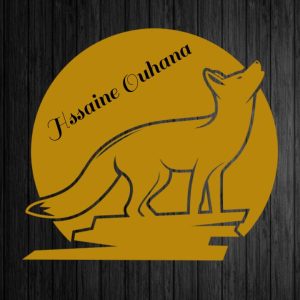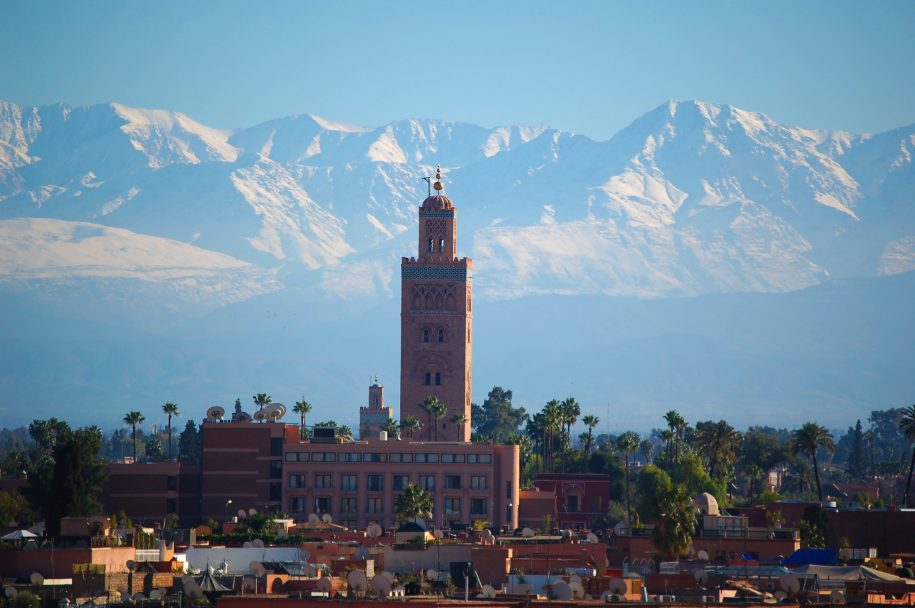Morocco is a country known for its rich cultural heritage and diverse religious traditions. Located in North Africa, Morocco is home to a population of over 36 million people, the majority of whom practice Islam. However, there are also several other religions represented in Morocco, including Christianity, Judaism, and Buddhism. In this article, we will explore the various religions practiced in Morocco and their cultural significance. Religion in Morocco:
Islam:
Islam is the dominant religion in Morocco, with approximately 99% of the population practicing Sunni Islam. Islam was first introduced to Morocco in the 7th century through Arab conquerors and has since played a significant role in shaping the country’s history and culture. Morocco’s official language is Arabic, and Islam has played a vital role in the development of Arabic literature and calligraphy.
In Morocco, Islam is practiced in a variety of ways, ranging from traditional to modern interpretations. The majority of Moroccans follow the Maliki school of Sunni Islam, which emphasizes the importance of community and family. The practice of Islam in Morocco also incorporates elements of Sufism, a mystical branch of Islam that emphasizes spiritual development and personal experience.
Christianity:
Christianity is a minority religion in Morocco, accounting for less than 1% of the population. Most of the country’s Christian population is composed of foreigners, including expatriates and missionaries. However, there are also some Moroccan Christians, particularly in the cities of Casablanca and Rabat. The majority of Moroccan Christians are Roman Catholic, but there are also Protestant and Orthodox Christian communities.
Judaism:
Judaism has a long and rich history in Morocco, dating back to the arrival of Jewish refugees from Israel in the 1st century AD. For centuries, Morocco’s Jewish community lived alongside the Muslim majority, and their contributions to Moroccan culture and society have been significant. In the early 20th century, there were over 250,000 Jews in Morocco, but today the Jewish population has declined to around 2,000 people.
Despite their small numbers, Morocco’s Jewish community continues to play an important role in the country’s cultural heritage. The country’s historic Jewish quarter, the Mellah, is a popular tourist destination, and Moroccan Jews have made significant contributions to the country’s art, music, and cuisine.
Buddhism:
While Buddhism is not a significant religion in Morocco, there are a few small Buddhist communities in the country. These communities are primarily composed of foreigners, including expatriates and tourists, and are concentrated in the cities of Marrakech and Casablanca. Despite its small size, the Buddhist community in Morocco has made significant contributions to the country’s cultural diversity and dialogue.
In conclusion, Morocco is a country with a rich religious and cultural heritage. While Islam is the dominant religion, there are also significant Christian, Jewish, and Buddhist communities in the country. These diverse religious traditions have contributed to the country’s cultural and artistic diversity and continue to shape its identity today.


Leave a Reply